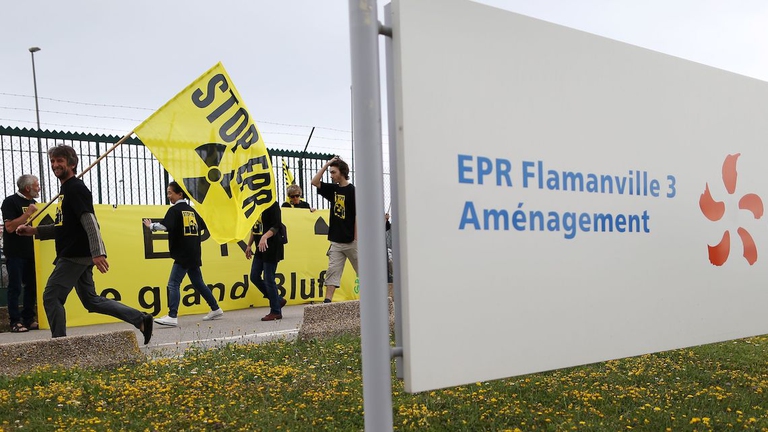https://www.lifegate.it/germania-rinnovabili
- |
The share of renewable in the energy mix of Germany, in terms of consumption, reached 50.3 percent in the first three months of 2023. The Reuters agency explains it, which cites company data Bdew (Bundesverband der energie und wasserwirtschaft) and of Zsw (Centre for solar energy and hydrogen research).The Berlin government also confirmed the objective of reaching the80 percent by 2030, in order to be able to say goodbye to coal, after having the last three nuclear power plants also closed in operation in the country (which were still worth less than 6 percent of the overall mix).
The plan to reach 100 percent renewables by 2035
As indicated, the idea is to ensure that Europe's leading economy can be fed only from renewable sources (solar, wind, biomass and hydroelectric) by 2035.However, this year's quarterly premium figure increased by 1.1 percent compared to the same period of the previous year (from 49.2 to 50.3):it will therefore be necessary an acceleration in order to achieve the objective at the end of the decade and in the middle of the following decade.
Second the Federal Network Agency (BNetzA), in any case, the supply in terms of electricity supply will be guaranteed “even in the case of significant increase in consumption and also in case of elimination of coal between now and 2030."This is provided, of course, that the roadmaps regarding the development of wind and solar power are respected.
France, however, has missed its wind and solar development targets
In short, the epochal transformation that Germany plans to carry out, according to BNetzA it won't create any problems neither to families, nor to businesses, nor to large German industries.To this end, in 2022 the Berlin government has arranged an acceleration in its strategy “Energiewende” (energy transition), which increased the share of renewables to 80 percent in 2030, compared to the previous objective set at 65 percent.To do this, it was decided to lighten the bureaucratic procedures for wind and solar installations, indicating how renewable sources represent “national security tools”.

On the contrary, a nation like the France who decided to focus on nuclear with a construction plan of new reactors launched by President Emmanuel Macron, is fatally missing its renewable development objectives.To date they barely reach the 19.3 percent of final consumption transalpines, while according to the objectives that the European nation itself had set, the share should have been equal to 23 percent already in 2020.AND, according to the data of the annual Observ'ER Barometer, created among others by the national agency Ademe, not even the targets set for 2023 will be maintained.
